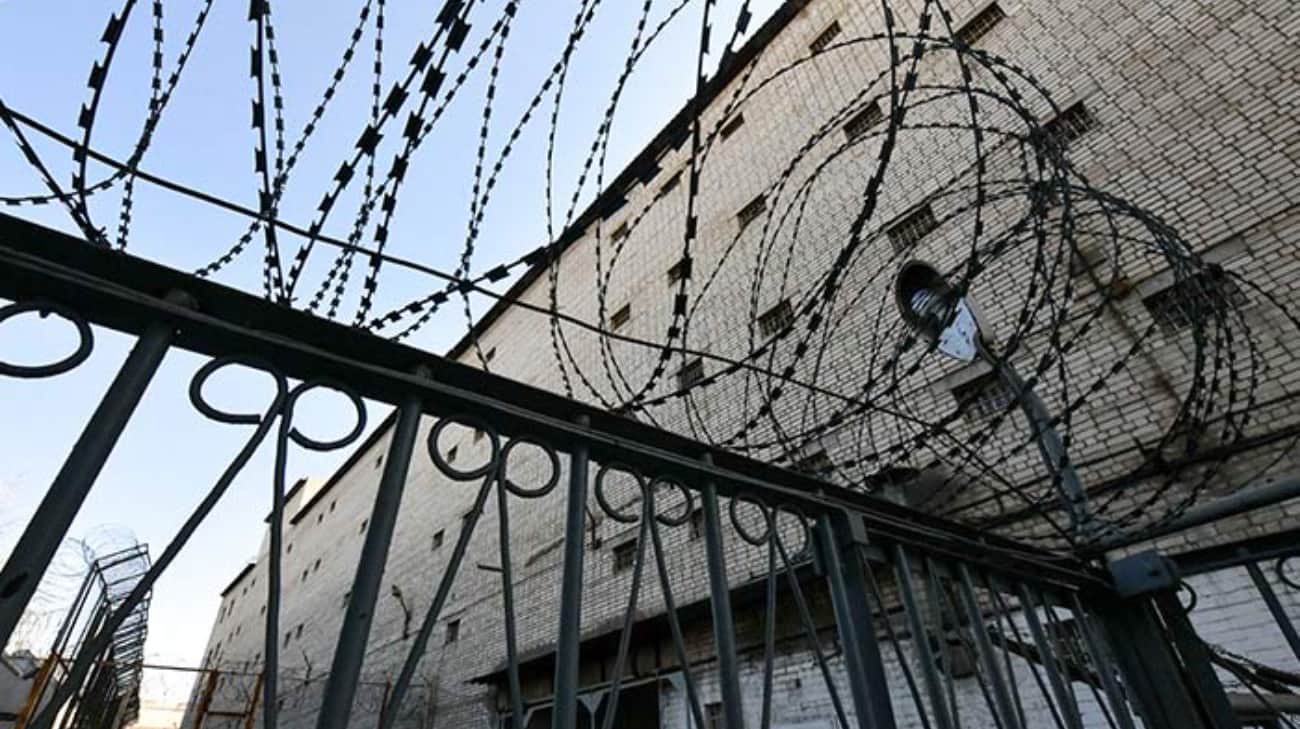The Russian State Duma (lower chamber of the Russian parliament) has allowed the Federal Security Service (FSB) to have its own detention centres for individuals involved in cases “against state security”.
Source: Vazhnye Istorii (Important Stories), a Russian media outlet
Details: Russian MP Vasily Piskarev said that the Russian State Duma had passed a law in its third reading that allows defendants accused of crimes against state security to be held in separate detention centres under the jurisdiction of the FSB. Piskarev is one of the law’s authors.
“This will increase the effectiveness of investigations into criminal cases of this category and guarantee the protection of suspected spies and terrorists from unauthorised communication with suspects in other types of crimes,” he said.
According to him, the adoption of such a law is “an appropriate response by the state” to existing security threats amid Russia’s full-scale invasion of Ukraine, following which “the activities of foreign special services have intensified significantly”.
The law will come into force on 1 January 2026.
Anna Karetnikova, a former analyst with the Russian Federal Penitentiary Service, told Vazhnye Istorii that the adoption of this law marks a return to practices characteristic of the KGB (Committee for State Security of the USSR), which Russia abandoned after the collapse of the USSR in the 1990s and 2000s as part of its commitments undertaken when it joined the Council of Europe in 1996.
“Detention and investigation cannot be concentrated in the same hands,” she said. “If this is done, it will legalise the arbitrariness that exists now, whereby confessions will be extracted from detainees by creating unbearable conditions of detention.”
Karetnikova also notes that it will become even more challenging to obtain information about cases against political prisoners, even though many cases are already classified, such as those involving treason.
“We will not find out anything about these cases, what is happening to these people, whether they are being tortured or not, whether they are being fed or not,” she stressed. “I think that their external relations with the world will be limited, as will correspondence with political prisoners, around which civil society is now largely consolidating.”
The FSB was allowed to operate its own detention centres until 2006. After that, they came under the jurisdiction of the Ministry of Justice of the Russian Federation and became part of the Federal Penitentiary Service. The only exception is the Lefortovo detention centre in Moscow, which has informally remained under FSB jurisdiction. Although officially subordinate to the Federal Penitentiary Service, the detention centre building is physically connected to the FSB’s investigative department.
There are seven detention centres in Russia under the central authority of the Federal Penitentiary Service, including the Kremlin Central Detention Centre, located inside Moscow’s Matrosskaya Tishina Detention Centre No. 1.
Support Ukrainska Pravda on Patreon!
From Ukrainska Pravda via this RSS feed


